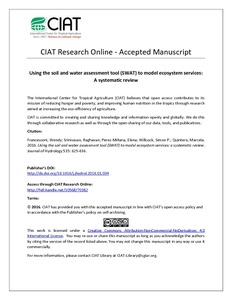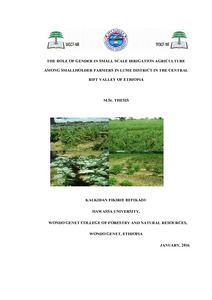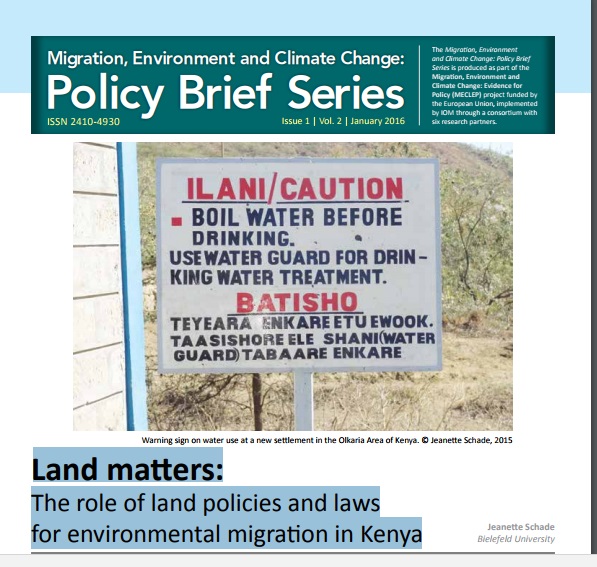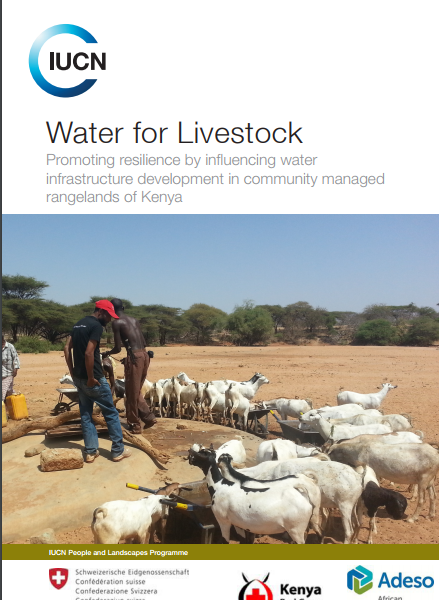Land and Water Days 2015: Synthesis Report
As World leaders forged two new big deals in late 2015 – the Sustainable Development Goals (SDGs) and the Climate Change Agreements – over 200 experts and technical officers working in fields related to land and water management, participated in the 3rd Land and Water Days held at the Food and Agriculture Organization of the United Nations (FAO) Headquarters in Rome, from 10 to 12 November 2015.











